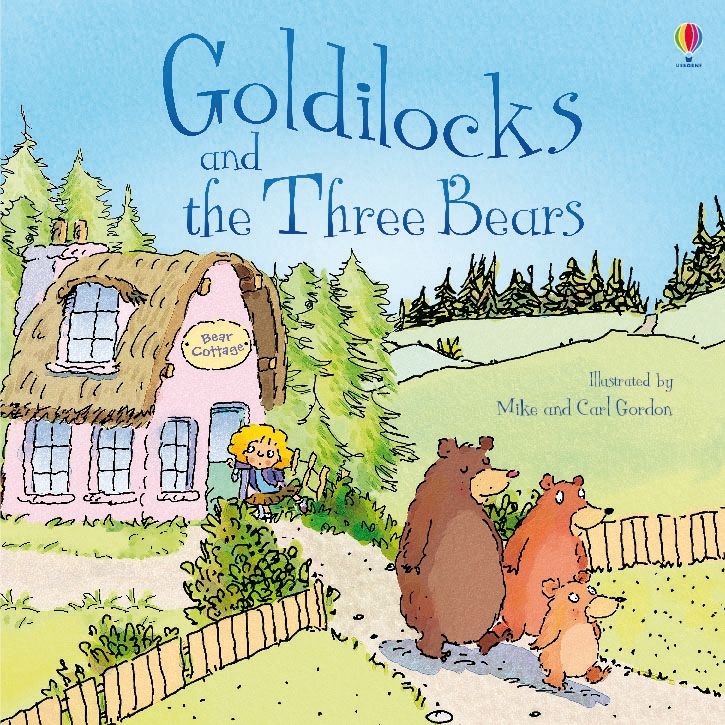Nursery 2025 - 2026
Miss Clark
Meet the Team
Miss Clark, Mrs Sweet, Mrs Yasmin and Mrs Marsh
If you have any questions, please speak to one of our Nursery staff or email:
nursery@almapark.manchester.sch.uk
If you have any questions about Nursery admissions please email:
admin@almapark.manchester.sch.uk
Welcome
Welcome to Nursery! We recognise that Nursery is an important milestone for children and their families. We look forward to working in partnership with you throughout the year, supporting your child on the first step of their academic journey. Our Nursery is a nurturing and caring environment, with rich opportunities for children to play, explore, and develop their independence.
What's happening this half term?
Maths:
- Sorting by colour, size or item
- Looking at things that are the same and different
- Joining in with rhymes up to 5
- Looking at different patterns
- Reciting numbers to 5
- Subitising numbers up to 5
English:
Talk for Writing unit: Penguin by Polly Dunbar

Goldilocks and the Three Bears

- Encourage your child to hold a mark making tool in a tripod grip
- Learning how to hold a mark making tool to create lines and shapes.
- Giving meaning to the marks I make
- Hearing and identifying sounds
- Blending letter sounds to hear word
Topic: Penguins and Bears
We will be learning about the polar regions and the anmials that live there. We will learn lots of interesting facts about penguins, polar bear and seals. We will also talk about people who live in arctic regions, what their homes look like and how life there is different from here.
We will also be learning about different kinds of bears when we read Golidlocks and the Three Bears. We will look at brown bears, like the ones in our story, as well as other types of bears from different countries. We will learn bear facts and investigate how they are the same and different. The three bears enjoyed eating porridge so we will making some porridge of our own in nursery. The children will get to try plain porridge and sweet porridge, then talk about which one they liked best.
We will continue to explore how we are the same and different during our circle times. We will talk about our talents and what we enjoying doing. We will celebrate our differences through our sessions and explore how it can benefit us and bring to joy to those around us.
We will look at changes in our local environment as winter turns to spring. For example: ice melting, frost in the morning and the green shoots of snow drop poking through the frozen ground
Reading books:
Reading books will be sent home later in the year. The books are changed on a Tuesday so that they are ready to give out on Wednesday. Please read with your child every day. This book is for you to read to your child.
Homework:
Brainbuilder books will be given out later in this half term. Our purple Brainbuilder books are given out each Wednesday. They can be returned to school when the work is complete but we do ask that they are back in school the following Tuesday.
Spare clothes:
Each child in Nursery has their own tray. They are learning to keep their belongings in it. Please make sure you send in a spare set of clothes in a bag that we can hang on your child's peg. Please make sure all items have your child's name on them.
Independence:
Learning to become independent is central to children’s development in Early Years. To help your child become independent, please encourage them to put their own coat on, wash their hands, and begin to tidy away their toys without adult support.
We work with the Little Wandle Phase 1 Rhymes in our nursery setting click here for more information.
The children begin to learn their letter sounds in Reception. If you would like to know how to make the letter sounds correctly click here.
Here are the skills we are encouraging each half term at school.
Wellcomm
In nursery we follow the Wellcomm program that helps children to develop their language skills. The children have specific targets to work on and we share these with you so that we can work together to aid your child's development. We understand and value that many families may speak a language other than English at home. This is something to be celebrated and is important for your child's laguage development and understanding.
For tips on how to help your child to develop their langaueg, understanding and speaking skills please see the links below.
- BBC Tiny Happy People - Tips and Advice - This is for parents to get ideas and tips on working with their children at home. There are different catagories for you to choose from explaining how you can work with your child if you are looking for information on; language development, routines, being bilingual, getting outdoors and many more. Click Here
- Rhyme Book - to share with children at home. In this booklet traditional rhymes are shared but then also changed to make them more relevant to your child and where they live. They are a great way to explore langauge and have fun together. Click Here